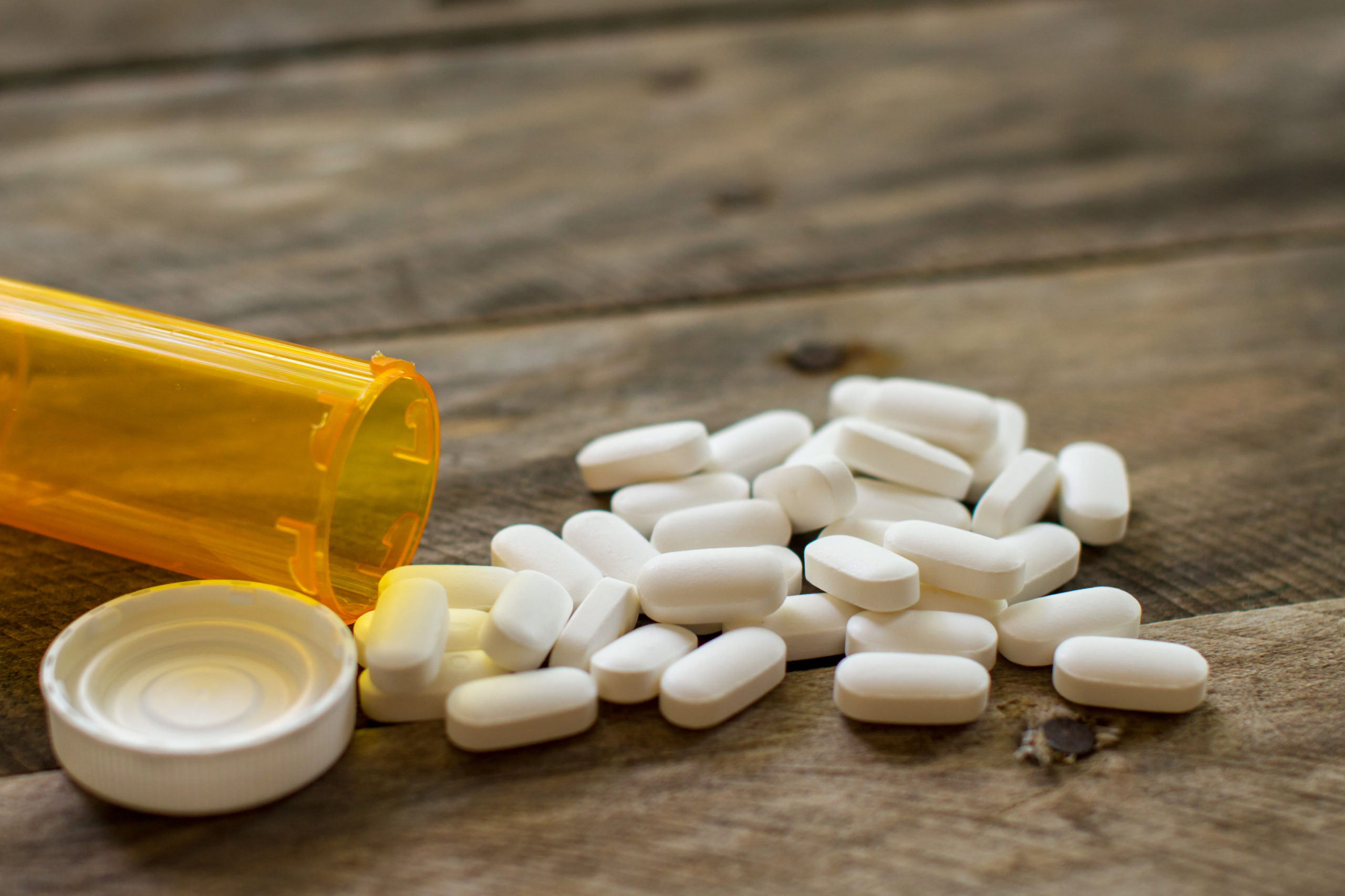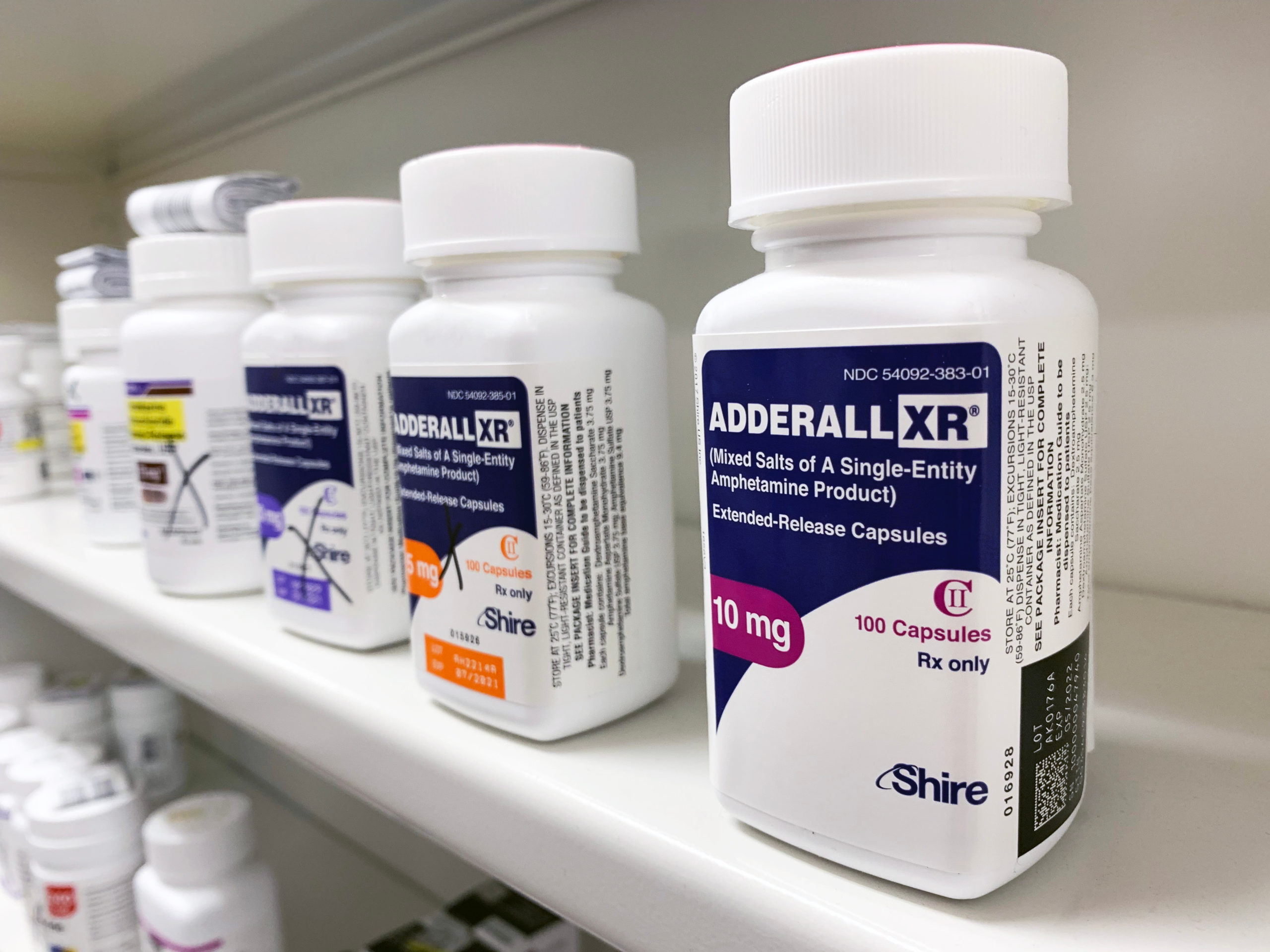When people think about “addictive” drugs, the first to come to mind are opioid pain medications and various other street drugs. Benzodiazepines or “benzos” do not receive the same level of attention. Like prescription pain medications, benzodiazepines are legally prescribed by your healthcare provider. When used as indicated, they are highly beneficial in helping reduce the intensity and severity of symptoms associated with various health conditions. They share another unfortunate characteristic with opioids as well. Benzodiazepines are often misused and highly addictive.
What Are Benzos?
Benzos or benzodiazepines are the name of a broad class of drugs prescribed to treat anxiety and panic disorders and difficulties sleeping, muscle relaxation, seizures, and as part of a treatment plan for alcohol use disorder recovery. Known for their tranquilizing effect, well-known benzos include Ativan, Xanax, Klonopin, and Valium.
When used as directed by your medical or mental health provider, benzos can help reduce the symptoms of illness. However, because the chemical properties of the drug work in the brain and body in similar ways to opioids, these drugs are frequently abused. Benzodiazepines act on the central nervous system producing sensations of relaxation and sedation. Because of their sedative effects and helpful ability to reduce (and often entirely remove) feelings of panic and anxiety, it does not take long for someone to become addicted to “feeling good” and therefore addicted to the drug that produces those feelings.
The Dangers of Quitting Benzos Cold Turkey
Taking benzos as part of a therapeutic treatment plan is generally safe; however, withdrawal can be dangerous. It is highly recommended that those looking to detox from benzodiazepines do so in a controlled environment under medical supervision. When you reduce or stop taking benzos, you will experience withdrawal symptoms. Most acute withdrawal symptoms begin within 24 hours of your last dose and, depending on the severity of your addiction, last a few days to several weeks. Acute withdrawal symptoms often include anxiety, difficulty sleeping, muscle spasms, gastric disturbances, hallucinations, seizures, cognitive difficulties, etc. For some, suicidal thoughts and actions may also emerge.
The Benefits of Going to Benzo Detox in California
Withdrawal symptoms can be severe and difficult to manage without medical supervision. Quitting benzos cold turkey (without help) could mean medical assistance is not available if needed. During medically supervised Detox at Cal Recovery Center, medical and mental health treatment professionals will provide support and guidance throughout Detox. Depending on your needs, they will monitor your vitals continuously throughout the detox process and, in some cases, give medications to help reduce the intensity and severity of your withdrawal symptoms. Ongoing medical supervision increases your safety should life-threatening withdrawal symptoms occur.
Another benefit of detoxing in California is the ease of transition into a comprehensive addiction treatment program. Although vital to starting your recovery journey, detox itself is not a standalone treatment for benzo addiction. To achieve and maintain lasting sobriety, it is essential to complete a treatment program focused on helping you understand and overcome an addiction to benzos. Here at Cal Recovery Center, our treatment team works with you from the beginning to design an individualized treatment plan focused on your physical and psychological needs.
If you or a loved one struggle with benzo addiction, going to a benzo detox in California is vital to successfully and safely detoxing. Stopping cold turkey may mean medical intervention is not available should you need help during Detox. Cold turkey detox can quickly become overwhelming and challenging to manage, leading to relapse instead of sobriety. If you are ready to overcome an addiction to benzos, reach out to our California admissions team today to learn more about our detox and addiction treatment programs.











